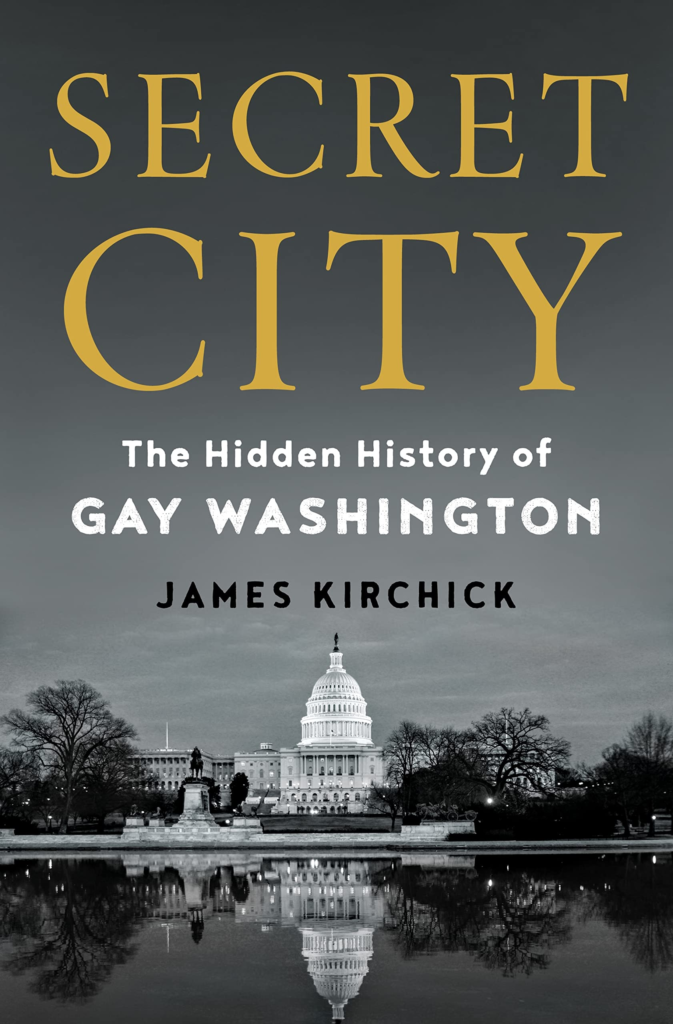Post by Prof. Stephen Horowitz, Legal English Lecturer

On the New York Time Book Review Podcast this week (after a discussion of The Great Stewardess Rebellion) they discussed a book that caught my attention: Secret City: The Hidden History of Gay Washington by James Kirchick.
[Note: Here’s an excerpt from the book recently published in The Atlantic: “Being Gay Was the Gravest Sin in Washington: In the 1960s, the capital was an alluring but dangerous place for people with a secret.”]
The scope of the book turned out to be a little narrower, though no less intriguing, than the title initially indicated. The “Washington” referred to is not about life in general in the Nation’s Capital, but more specifically focuses on the national security policy-making world centered in Washington.
Either way, this seemed like a terrific pre-LLM read to mention to our incoming LLM students–particularly any incoming international students in Georgetown Law’s highly regarded National Security Law LLM program. A wonderful way to build cultural and background knowledge on the history (and vocabulary) of national security politics and policy in Washington while also accounting for and shedding light on an untold and underrepresented historical voice and perspective.
Here’s the NY Times Book Review podcast episode. The discussion of Secret City starts about halfway through the episode:
And here’s a summary of Secret City from Amazon:
Continue reading “National security, homosexuality and legal English?”


